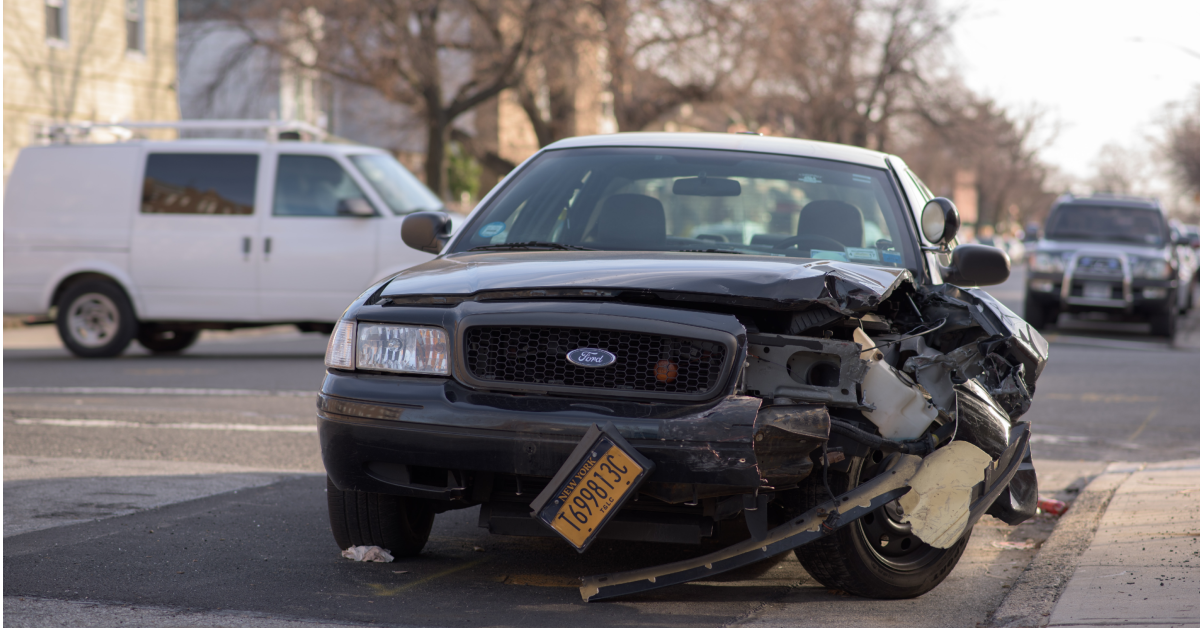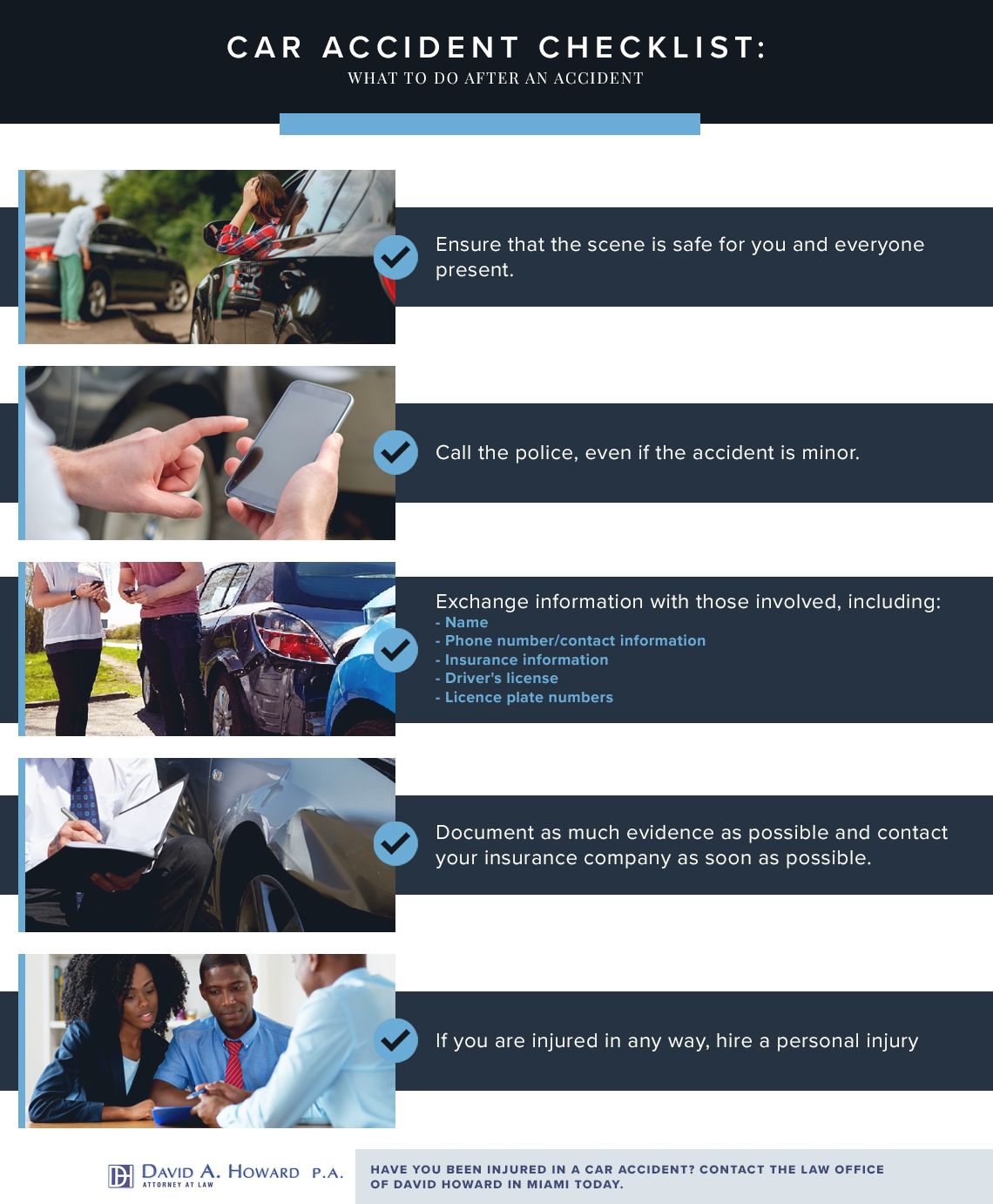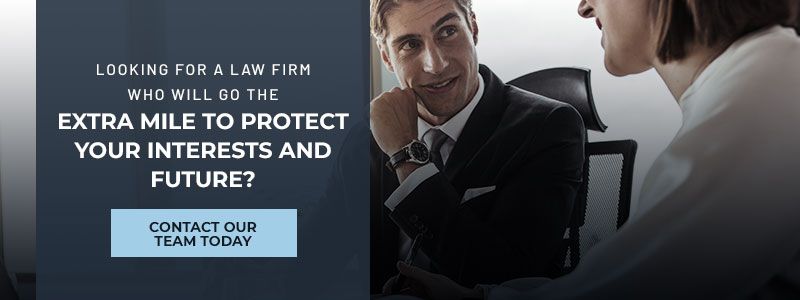
Car Accident Checklist: What to Do After an Accident
Getting in an auto accident can be an incredibly scary time, and the aftermath can be hectic. It is crucial to keep in mind that how you respond to the accident is crucial, though, especially if you plan on filing an insurance claim or lawsuit.
In today’s post, we will be sharing our complete car accident checklist with you, including what to do and what not to do after a car accident. Continue reading to learn more about how to protect yourself and your rights, and if you are ready, contact our Miami law firm at the Law Office of David Howard today to speak with our professional and experienced personal injury lawyer today. David A. Howard, P.A. can provide you with effective and efficient legal representation for a wide range of cases, including criminal law, personal injury, corporate investigations, fraud, white-collar crimes, and more. Read on for our car accident checklist and give us a call today to learn more.

1. Make sure the scene is safe.
The first and most important step to take after experiencing a car accident is to make sure that the scene is safe for everyone involved. Be sure to take stock of yourself and the other people on the scene to assess injuries and ensure that your surroundings are safe. This could be anything from the accident itself, fire, debris, and weather, as there are many elements that could cause potential risks. If possible, move any damaged vehicles to the side if you are still in heavy traffic, and if anyone appears to be injured — even if the injury is minor — it is still advised to ask for the paramedics when you dial 911.
2. Call 911.
Even if the car crash seems to be minor, be sure to contact the police and wait for them to arrive. You will make your life much easier to have your police report in hand when you are filing a claim after the accident. Whatever you do, do not leave the scene of the crash without getting in contact with the nearby police department, even if the accident is as minor as a fender-bender.
3. Exchange information with all other parties involved in the crash.
Before leaving the scene, exchange phone numbers, insurance information, and contact information with the other party or parties involved. You will also want to make sure that you document the other person’s driver’s license and license plate numbers. If the driver does not own the car, you will want to take note of the car’s color, make, and model. If there happen to be any witnesses on the scene, it is also wise to get their names and contact information as well. Having comprehensive statements from witnesses will help to streamline the process of filing an insurance claim.
When speaking with any other parties involved, be sure to keep the conversation brief and constructive. Getting angry or admitting fault may harm your case down the road, so it is best to keep it straight to the point. The insurance adjuster will review your claim and determine who is at fault based on an inspection of the vehicles and property damaged, information that is provided by you and the other parties, and any supporting documentation, such as witness’s statements, police report, and photographs from the scene.
4. Document evidence.
After the crash, use your phone to take some photos of the crash scene, including any damages to your car and the other vehicle(s) involved. Be sure to get several photos at different angles to show the damages done to both cars. You will also want to document injuries, the location of the accident, and any damage to the surrounding areas due to the accident, such as trees, buildings, and road features.
5. Get in contact with your insurance company.
Filing an insurance claim can be a lengthy process, so it is wise to begin the process as soon as possible after the accident. If your insurance provider offers a mobile app, you can even start the claims process at the scene. This is always best to do if possible as they can tell you exactly what they will need in order to process your claim and you can gather that information directly at the scene without having to try and remember later on.
6. Hire a personal injury lawyer.
If you were injured due to your car accident, the road to recovery can be a long one. Regardless of what your injuries may be, they can end up taking a toll on your everyday life, whether it be a concussion, chronic back pain, or something else. At the Law Office of David Howard, our experienced personal injury lawyer will review your car accident case, help you navigate insurance, and make sure that you get the claim that you need in order to heal and move on from your accident. Contact us today to learn more about our Miami law firm, our team, and our services.
A car accident can leave even the most seasoned of drivers frazzled and unsure about what steps to take next. But, by keeping this checklist in mind (or even printed off in your glove box), you can rest assured that you are handling this difficult situation as properly as possible. This way, you can better focus on working with the police, paramedics, your insurance company, and a personal injury law firm to get the case and any injuries fixed as soon and as seamlessly as possible.

